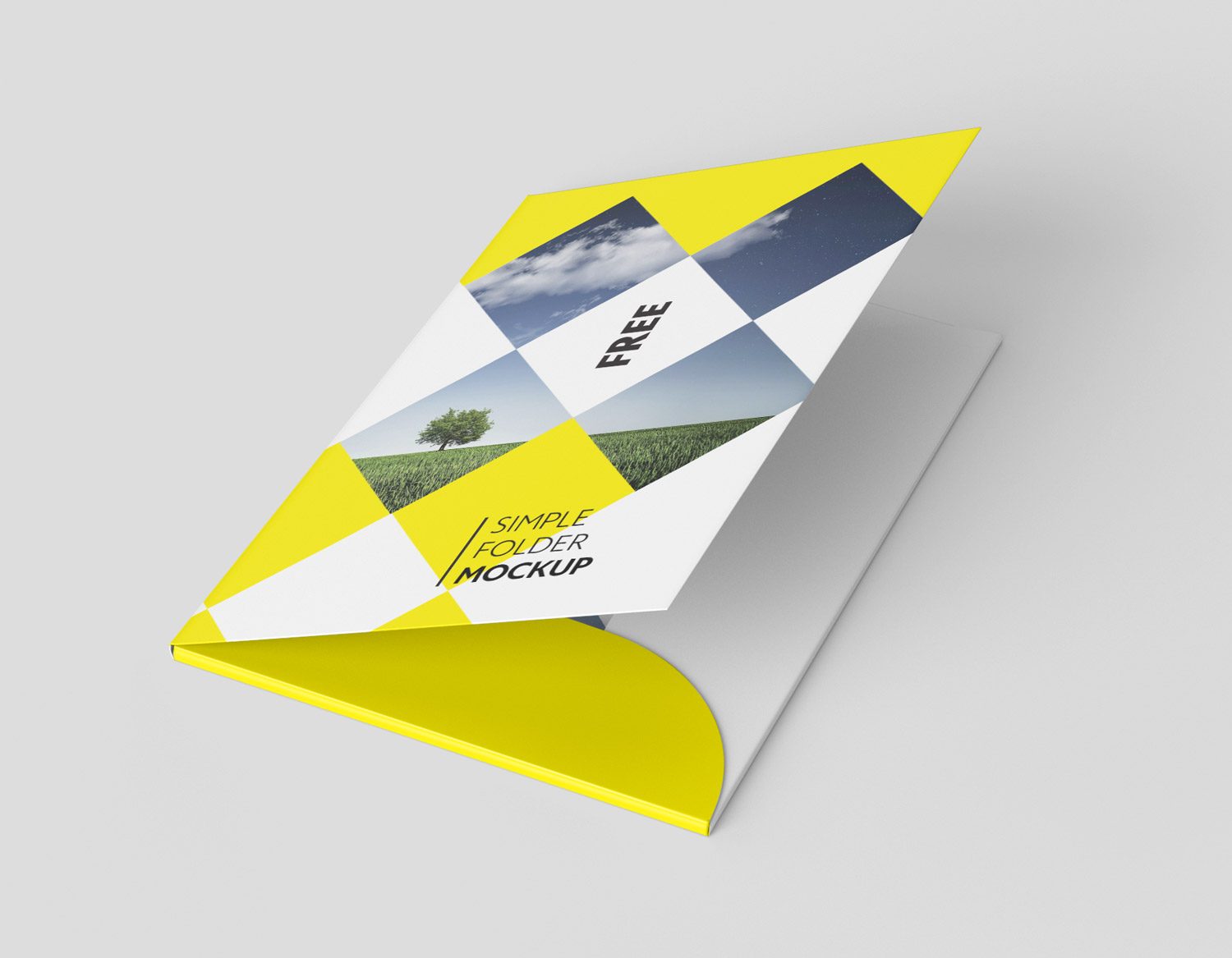Study of the fatigue behaviour of dissimilar aluminium joints produced by friction stir welding
مطالعه رفتار خستگی اتصالات غیرهمجنس آلومینیومی تولید شده توسط جوشکاری اصطکاکی اغتشاشی
ABSTRACT
reliable and optimized lightweight structures needs to achieve high levels of performance, cost effectiveness and sustainability. The expected weight saving will significantly reduce fuel consumption and therefore CO 2 emission per passenger-kilometer. Friction Stir Welding (FSW) is a solid state process enabling to develop new design concepts for lightweight metallic materials, where previously conventional manufacturing processes as riveting or classical welding were used. This study was conducted within the LighTRAIN project that aims to improve the life cycle costs of the underframe of a passenger railway car, with a novel lightweighted solution. The major objective of the research was to study the fatigue behaviour of dissimilar welded joints based on two different aluminium alloys: AA6082 and AA5754. The paper presents the experimental results obtained in two different structures: AA6082-T6 2 mm and AA5754-H111 2 mm thick joints, and AA6082-T6 2 mm thick joints. Fatigue tests were carried out on lap joints specimens with a constant amplitude loading with a stress ratio R = 0.1. The results of the fatigue tests are presented as well as detailed metallographic characterization of the weld zone and also the hardness distribution at the weld region. Fatigue tests performed on similar and dissimilar joints show low fatigue strength when compared with base materials AA5754 and AA6082, which is associated with the typical ‘‘hook’’ defect inherent to this welding process. The fatigue performance of AA6082 and AA5754 FSW welded joints suggests a shallower S–N curve than for the similar AA6082 FSW welded joints with an improvement in fatigue performance for lower applied stress ranges.
![]() جهت دانلود رایگان نسخه لاتین این مقاله اینجا کلیک کنید .
جهت دانلود رایگان نسخه لاتین این مقاله اینجا کلیک کنید .

چکیده
سازه های سبک ساختمانی یکی از استراتژی های کلیدی برای تضمین بازده، رقابت، ایمنی و پایداری سیستم حمل و نقل عمومی است. اجرای سازه های سبک قابل اعتماد و بهینه سازی شده نیاز به دستیابی به سطح بالایی از عملکرد، اثربخشی هزینه و پایداری دارد. کاهش وزن مورد انتظار، به طور قابل توجهی مصرف سوخت و در نتیجه انتشار CO2 به ازای هر مسافر-کیلومتر را کاهش می دهد. جوشکاری اصطکاکی اغتشاشی (FSW) یک فرایند حالت جامد است که قادر به توسعه مفاهیم طراحی جدید برای مواد فلزی سبک می باشد، که در آن فرآیندهای تولید مرسوم پیشین مانند پرچ یا جوشکاری کلاسیک استفاده شده اند. این مطالعه در پروژه LighTRAIN انجام شد که هدف آن بهبود هزینه های سیکلی زندگی تحت قاب یک واگن مسافری راه آهن، با یک روش نوین سبک وزن بود. هدف اصلی در این تحقیق، مطالعه رفتار خستگی اتصالات غیرهمجنس جوشکاری شده بر اساس دو آلیاژ متفاوت آلومینیوم: AA6082 و AA5754 بود. مقاله نتایج تجربی به دست آمده در دو ساختار مختلف: اتصالاتAA6082-T6 و AA5754-H111 با ضخامت mm2 و اتصالات اتصالاتAA6082-T6 با ضخامت mm2 را ارائه می دهند. آزمون های خستگی در نمونه ها با اتصالات لب روی هم با بارگذاری دامنه ثابت با نسبت تنش R = 0.1 انجام شد. نتایج حاصل از آزمون خستگی و همچنین خصوصیات متالوگرافی مفصل منطقه جوش و نیز توزیع سختی در منطقه جوش ارائه شده اند. آزمون های خستگی انجام شده روی اتصالات همجنس و غیر همجنس، استحکام خستگی کم در مقایسه با مواد پایه AA5754 و AA6082 نشان داد، که با نوعی نقص ذاتی ” هوک ” در این فرآیند جوشکاری در ارتباط است. عملکرد خستگی خستگی اتصالات آلومینیومی AA6082 و AA5754 FSW، یک منحنی S-N کم عمق نسبت به اتصالات جوشکاری شده مشابه AA6082 FSW با بهبود عملکرد خستگی برای محدوده پایین تنش تحمیلی را نشان می دهد.
![]() جهت دانلود ترجمه تخصصی و فارسی این مقاله می توانید وجه آنرا پرداخت نموده و بلافاصله دریافت نمایید.
جهت دانلود ترجمه تخصصی و فارسی این مقاله می توانید وجه آنرا پرداخت نموده و بلافاصله دریافت نمایید.





نقد و بررسیها
هنوز بررسیای ثبت نشده است.